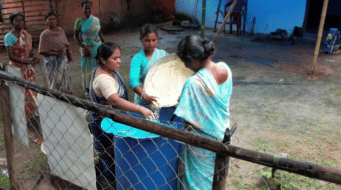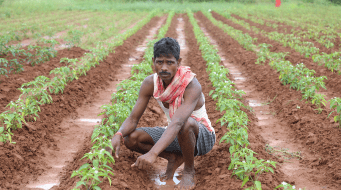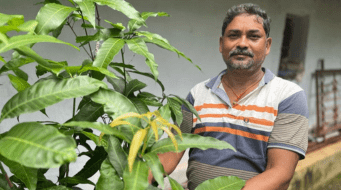Celebrated annually on April 22nd, Earth Day is a global event that highlights the importance of environmental protection and sustainability. This year’s theme, ‘Invest in our planet’ emphasises the need for investment in our planet, which is critical to ensuring a sustainable future.
At WOTR, we firmly believe that investing in our planet starts with sustainable management of our natural ecosystems. Our work focuses on empowering communities to manage their natural resources in a way that is environmentally sustainable and socially just.
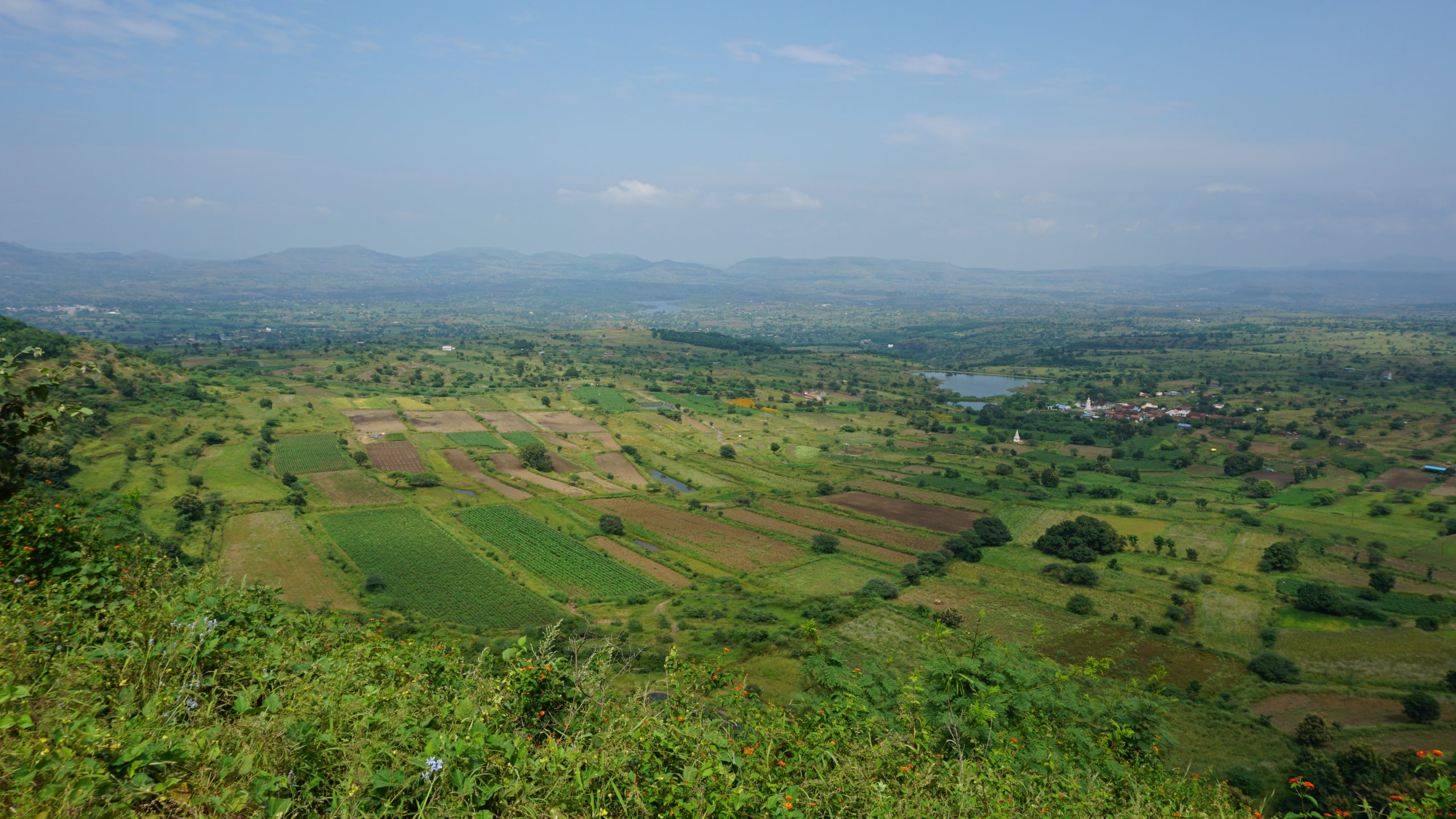
The effects of climate change are becoming increasingly apparent, and communities are increasingly feeling the impact. Droughts, floods, and erratic rainfall patterns are all challenges that communities face on a regular basis.
WOTR works with communities to develop sustainable practices to ecosystem restoration and management, such as rainwater harvesting, groundwater recharge, and watershed development. By building community capacity, we are helping communities adapt to the effects of climate change and build a more sustainable future.
The Importance of Investing in Our Planet
The importance of investing in our planet cannot be overstated. Our planet is facing numerous challenges, including climate change, biodiversity loss, and unsustainable development practices. The effects of these challenges are already being felt around the world, and they are only expected to worsen in the future.
One of the most significant consequences of these challenges is the degradation of ecosystems. Ecosystems, which provide vital services such as clean water, air, and soil, are under threat due to the effects of climate change, pollution, and unsustainable development practices.
According to the Desertification and Land Degradation Atlas of India, 29.7% of India’s land was degraded in 2021. As these ecosystems degrade, the services they provide become compromised, leading to social and economic consequences such as food and water scarcity, and increased vulnerability to natural disasters.
Climate change, for example, is already causing the loss of important ecosystems such as coral reefs, which support biodiversity and provide essential ecosystem services. The degradation of these ecosystems not only affects the environment but also threatens the livelihoods and well-being of communities that depend on these ecosystems for their survival.
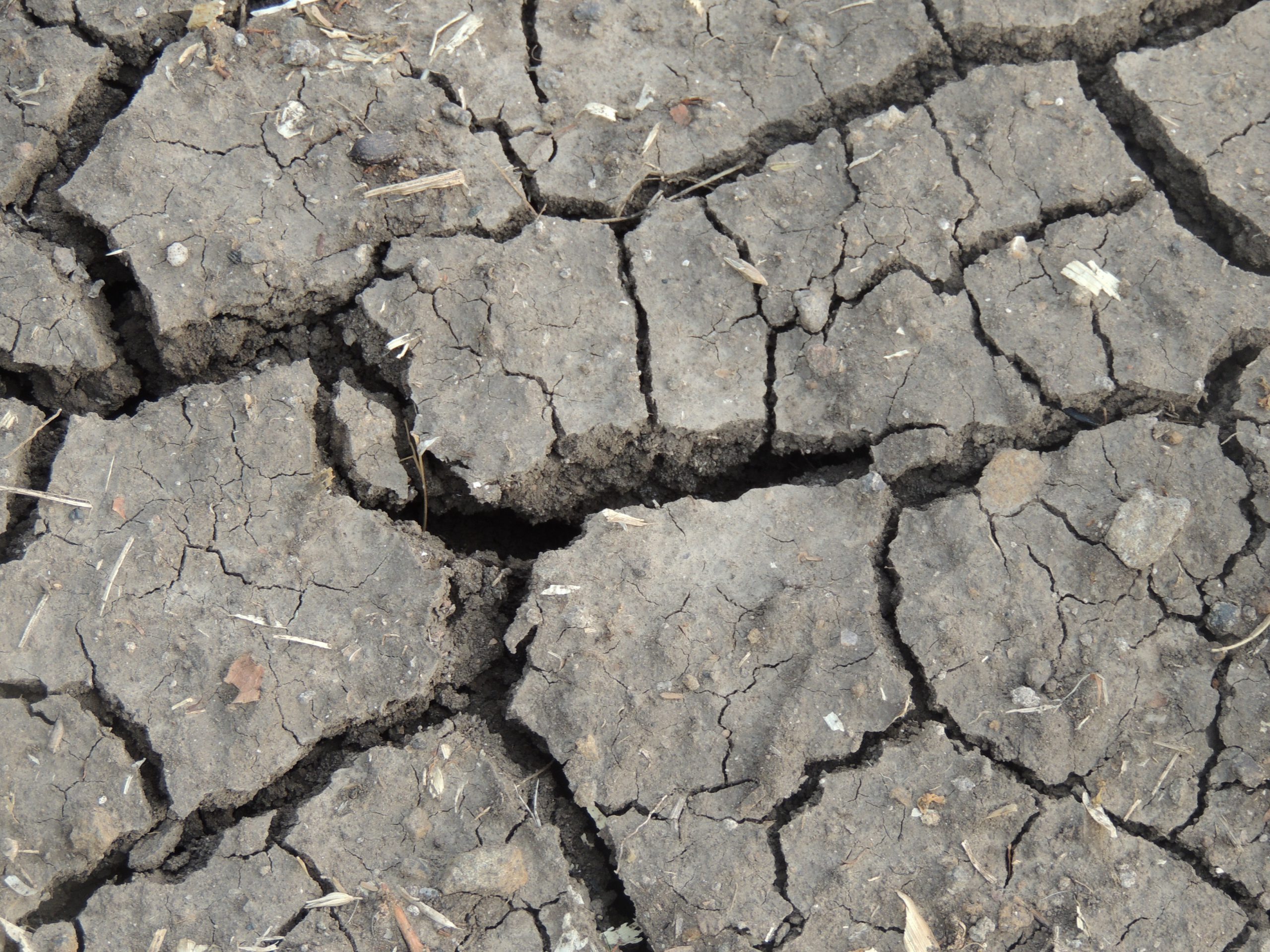
Biodiversity loss is another challenge that is affecting ecosystems around the world. The disappearance of species has a significant impact on the functioning of ecosystems, affecting everything from pollination and seed dispersal to nutrient cycling and carbon storage. This, in turn, can lead to social and economic consequences such as reduced crop yields, increased food prices, and reduced availability of natural resources.
Finally, unsustainable development practices such as deforestation and overuse of natural resources are also contributing to the degradation of ecosystems. These practices not only undermine the ability of ecosystems to provide essential services but also threaten the survival of numerous species.
WOTR’s Investments for the Planet
At WOTR, we are committed to investing in our planet by promoting sustainable and equitable water management practices, as well as supporting the restoration of ecosystems. Our work focuses on helping communities adapt to the effects of climate change and manage their water resources in a way that is environmentally sustainable and socially just. One way we do this is through our Ecosystem-based Adaptation (EbA) approach.
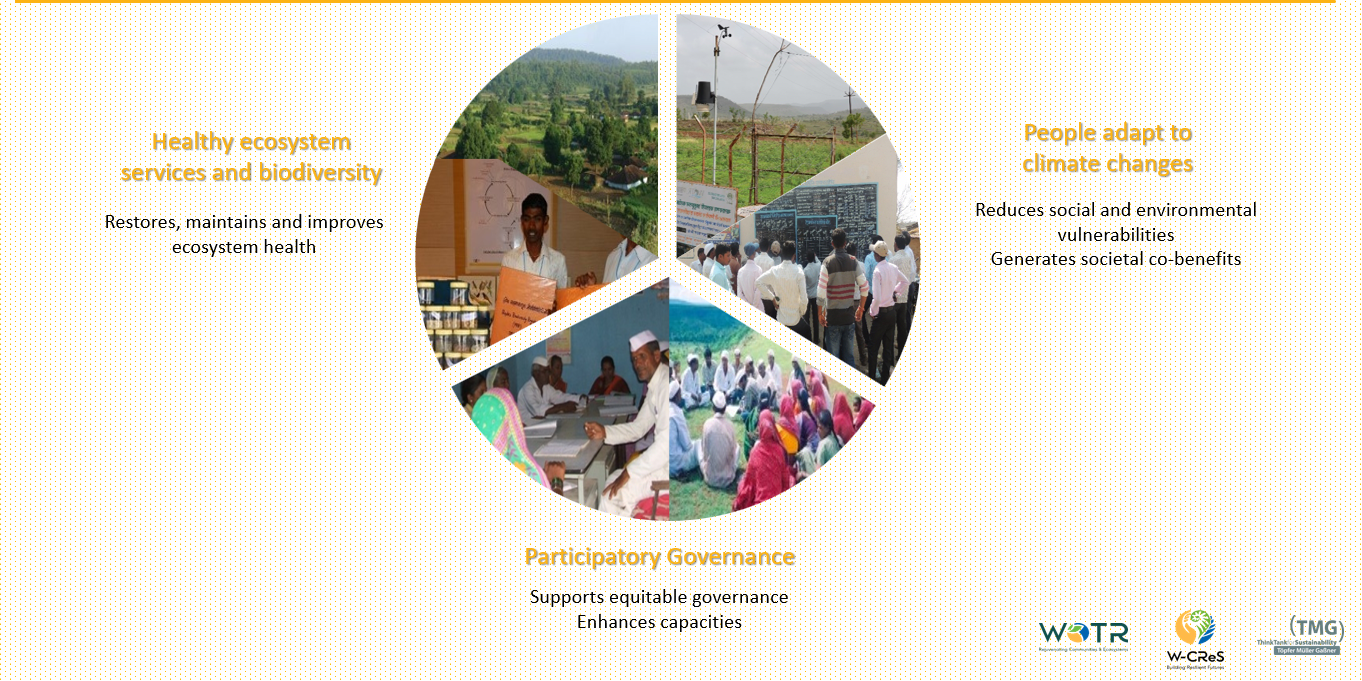
EbA involves the use of ecosystem services to help communities adapt to the effects of climate change. By protecting and restoring ecosystems, communities can better cope with the impacts of climate change, such as floods, droughts, and soil erosion. WOTR has been at the forefront of implementing EbA projects in India, helping communities build resilience to the effects of climate change.
One example of our work in this area is the EbA project in Bhojdari, Maharashtra. The project, which was implemented in partnership with the UNDP, focused on restoring degraded ecosystems and building the resilience of the local community to the effects of climate change.
The project involved the restoration of water harvesting structures, planting of native tree species, and building the capacity of the community to manage their water resources sustainably.
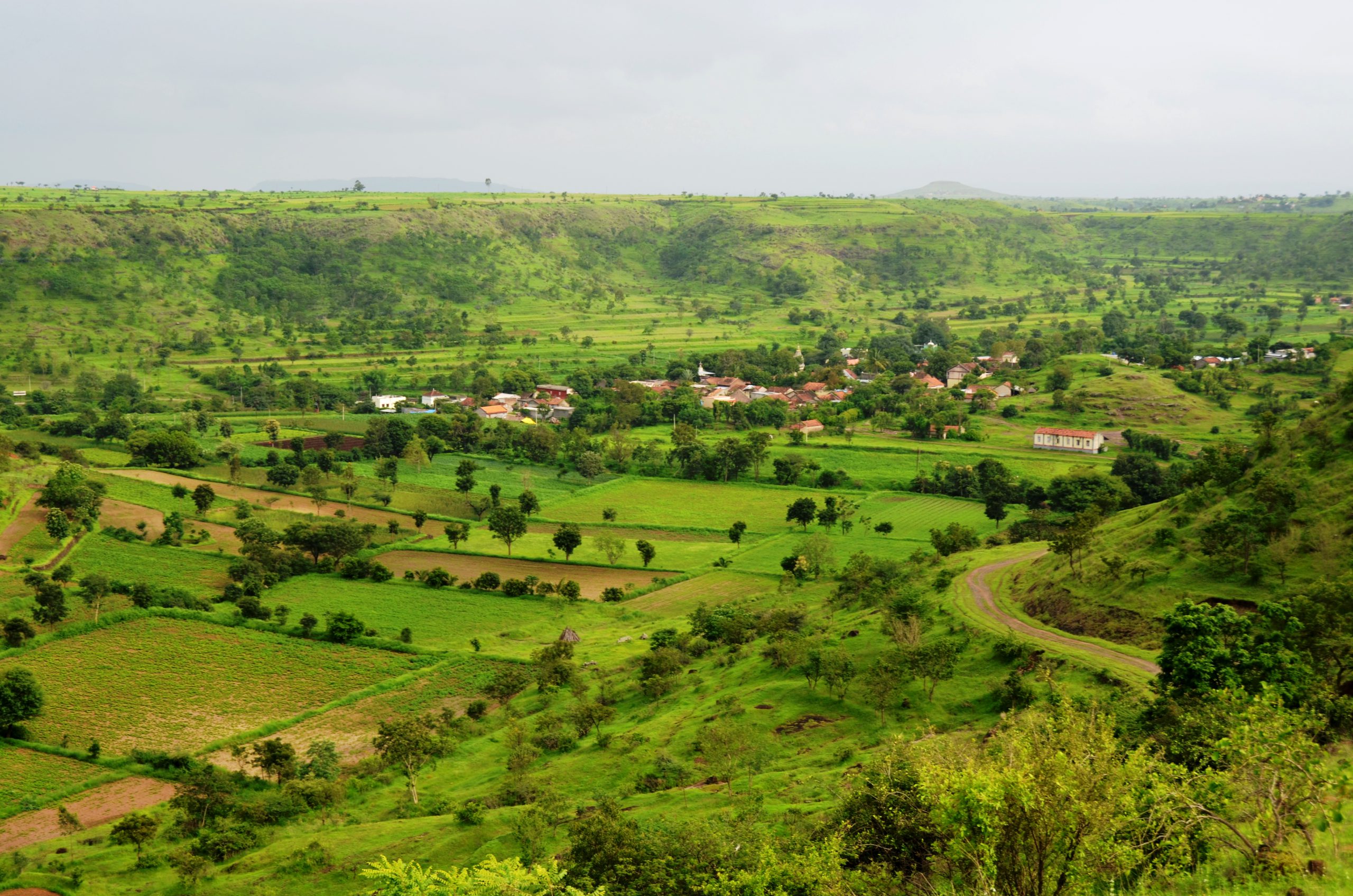
The results of the project have been significant. By restoring ecosystems and building community resilience, the project has helped to reduce the vulnerability of the local community to the effects of climate change. The project has also helped to improve water availability, increase agricultural productivity, and enhance biodiversity in the area.
As a result of the project:
- Over 200 water harvesting structures were restored, leading to an increase in water availability for the local community. This, in turn, allowed the community to practice climate-resilient agriculture, leading to a 37% increase in incomes due to a focus on cash crops and livestock rearing. The number of types of crops also increased from 3 to 10.
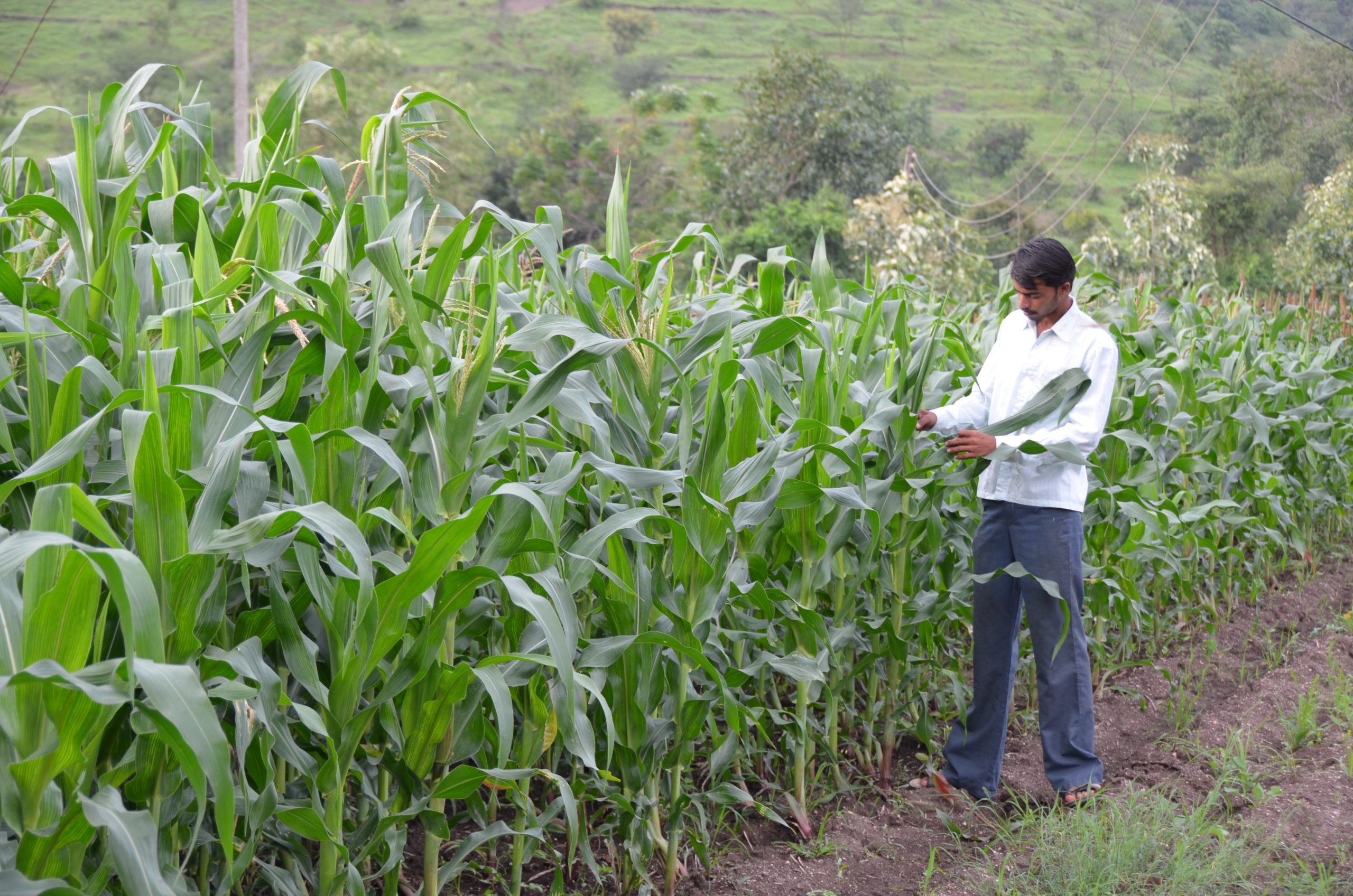
- More than 50 hectares of land were restored, leading to improved soil health and increased agricultural productivity. This was achieved through the practice of farm forestry, which increased the forest cover and plantations in the area by 43%. With access to LPG through the government scheme, people did not need firewood, easing the pressure on forests.
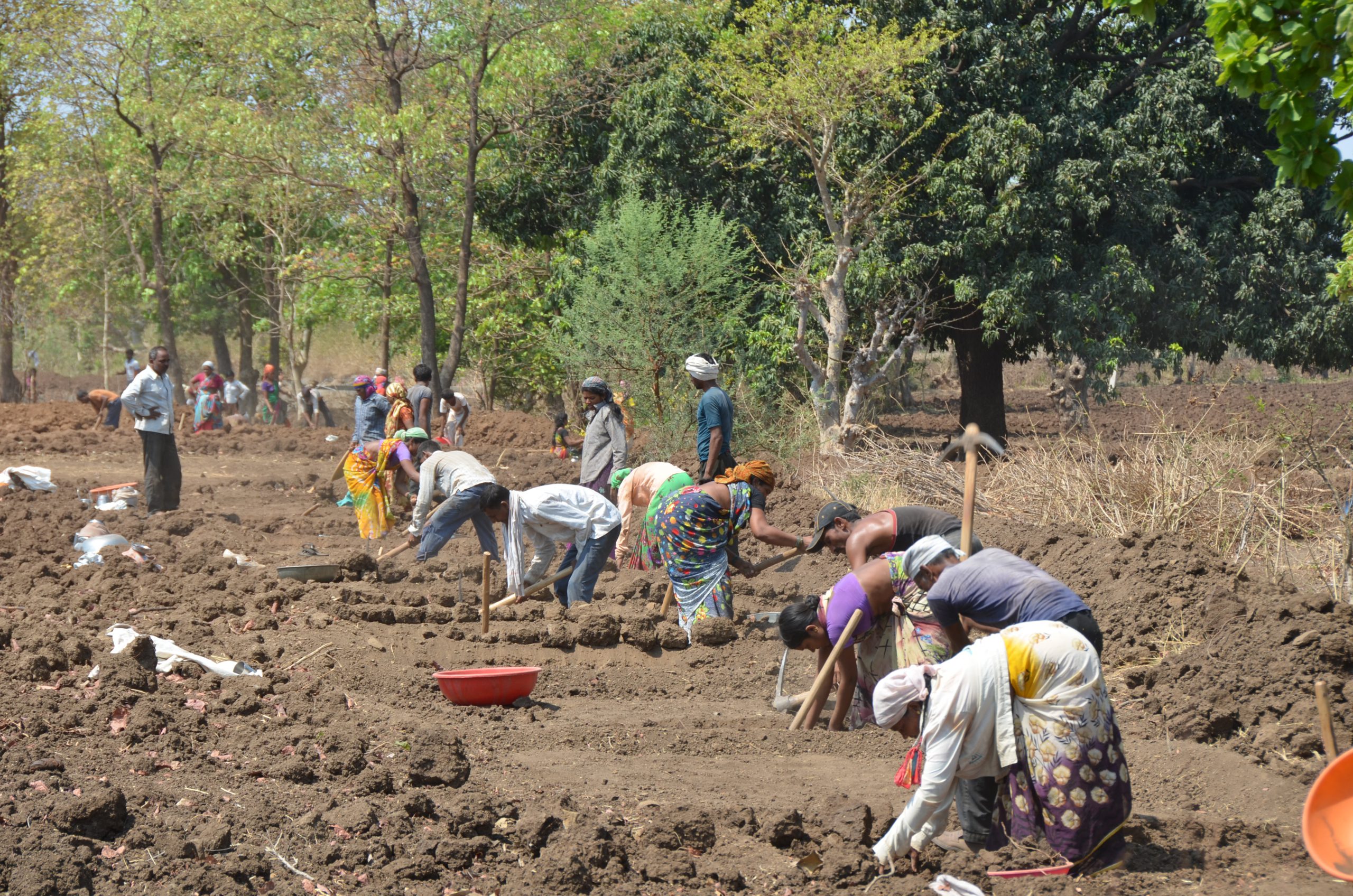
- The project also involved building structures like percolation tanks, storage tanks, and other interventions built by the Government’s Irrigation Department together with WOTR. These efforts led to an 87% increase in the surface water storage capacity, which helped to improve water availability for the local community.
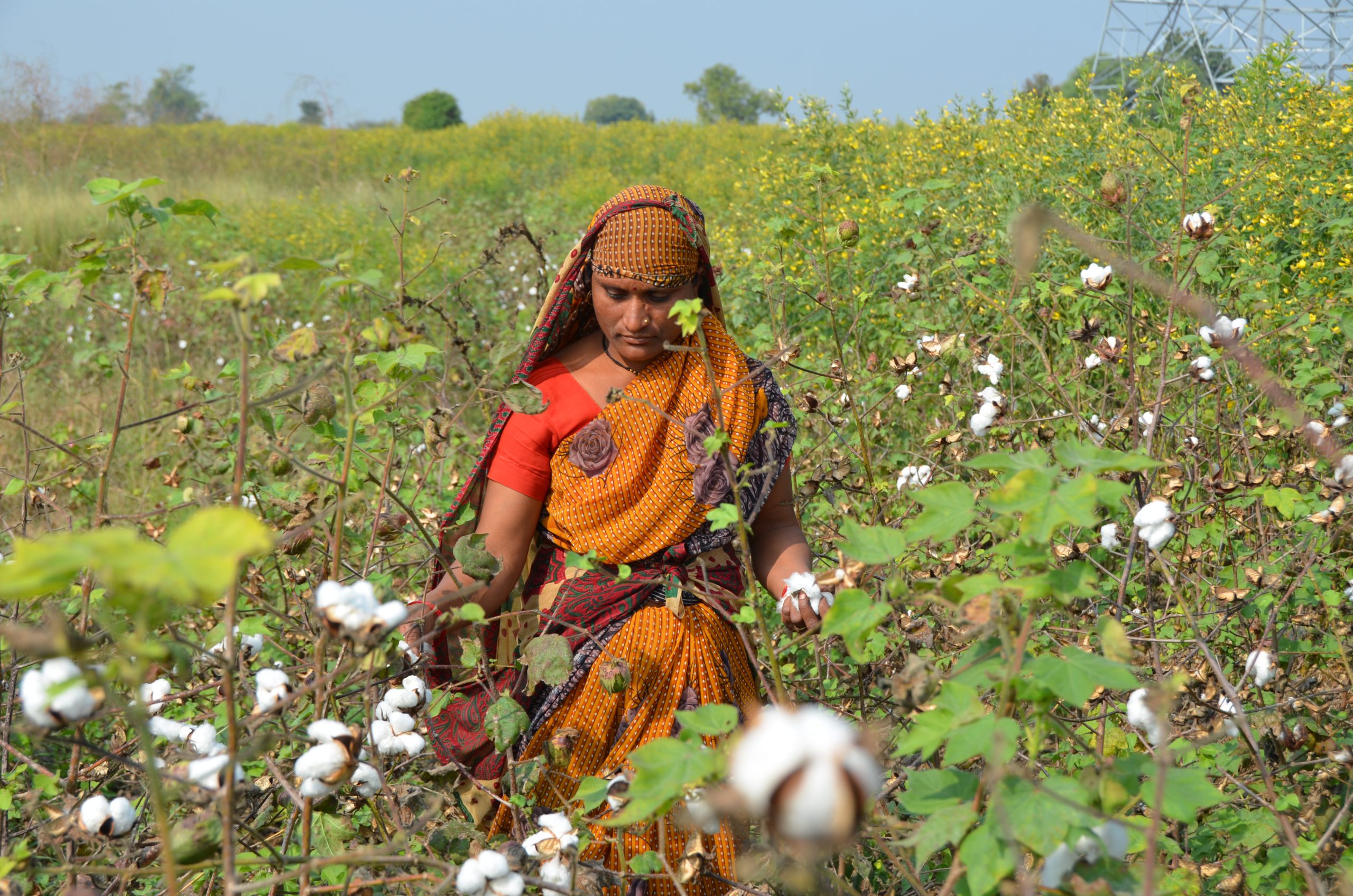
- Through the project, we were also able to build the capacity of the community to manage their natural resources sustainably. This has led to improved water management practices, increased crop yields, and enhanced food security for the local community.
Invest in our Planet
In line with this year’s Earth Day theme, we encourage individuals and organizations to invest in our planet by supporting sustainable and equitable natural resources management. This could mean supporting organisations like WOTR, adopting sustainable practices, or advocating for policies that prioritize natural ecosystems revival and management.
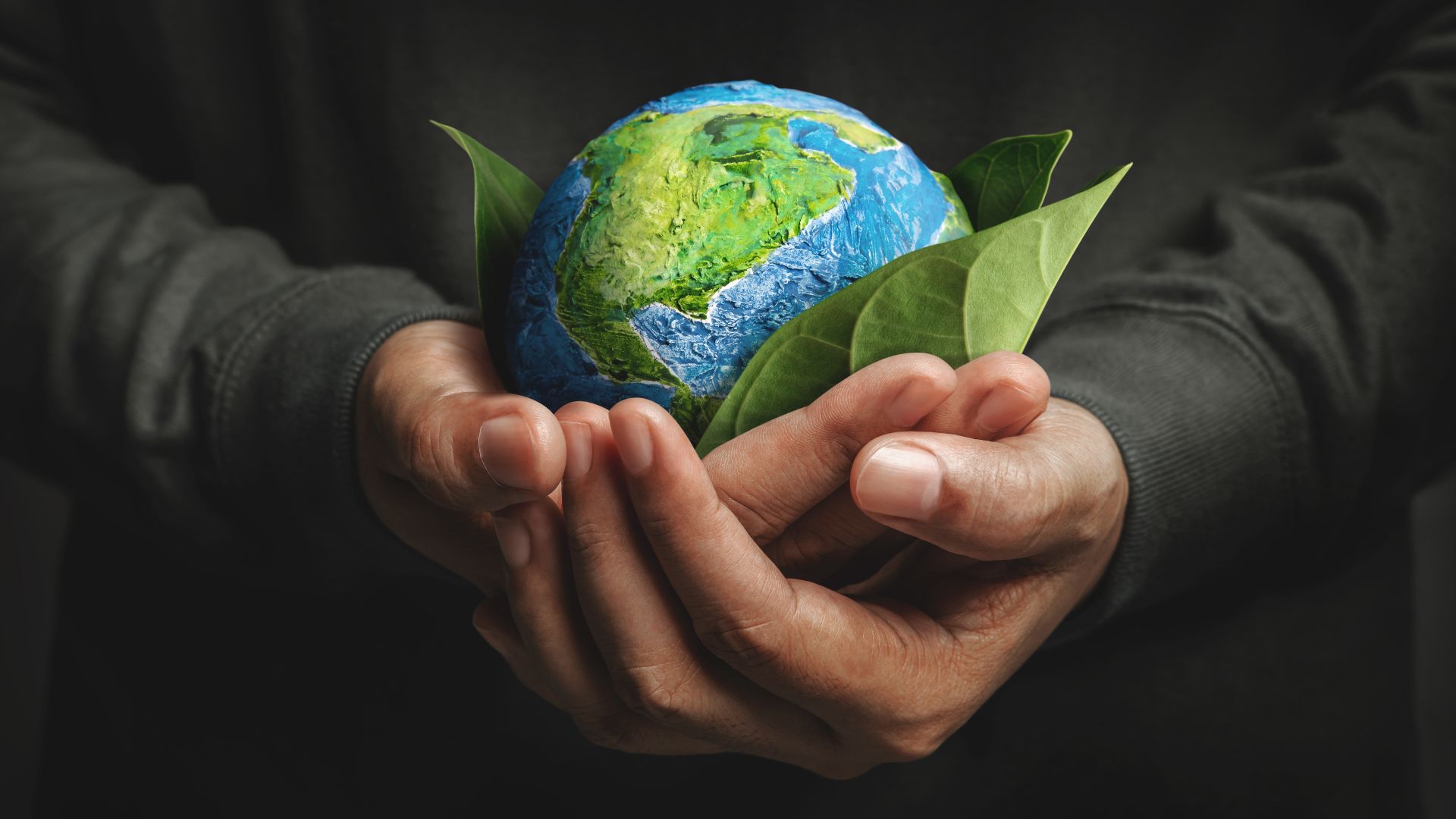
Investing in our planet is an investment in our future. By working together, we can build a more resilient and sustainable future for ourselves and future generations. As we celebrate Earth Day 2023 and reflect on the theme of “Invest in Our Planet”, we invite you to join us in this critical effort.

